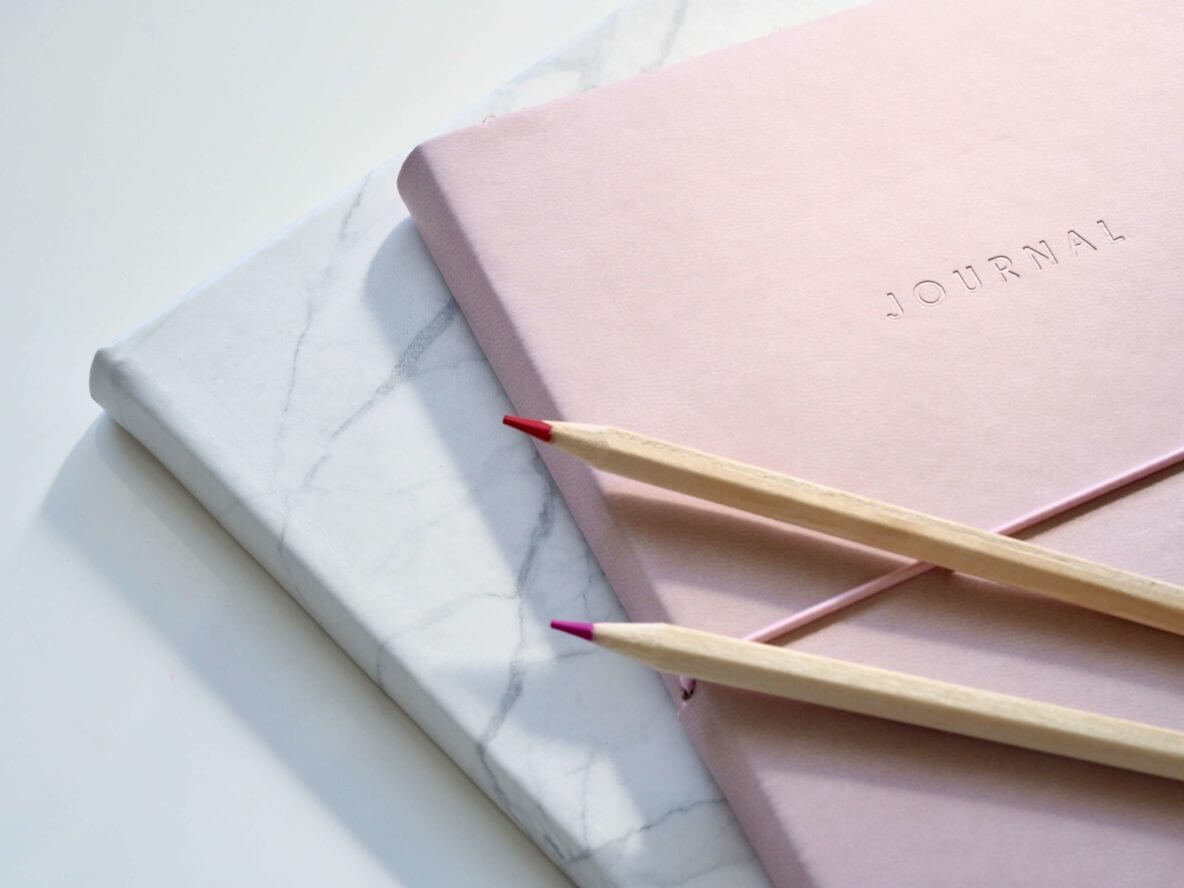
Table of contents
The Power of Journaling (Part 1) – What is Journaling?
What is the new miracle drug “journaling” that everyone is talking about? Today we want to get to the bottom of these and other questions.
Isn't a journal the same as a diary?
One might think that “journaling” is a new German term for “writing a diary”. That it is now simply cooler to say “I journal now” instead of “I write a diary now”. But even if this is the case with many other terms that have been adopted from English into German, for once it is not the case with the expression “journaling”. Because journaling refers to a certain type of diary writing. Unlike the classic version, you concentrate when journaling (funny word, right? ) especially on positive thoughts, events or plans.
Most of us have probably tried to write a diary at some point. For example, I remember having an orange “My Friend Conni” diary with a lock as a child. I trusted this book with my deepest secrets, and it was well hidden, guarded like a treasure. I think I managed to write an entry a day for six whole days in a row. Then it all became too tiring for me and I only use it sporadically. I admire my friend, who started writing diaries back then and now has six full diaries next to each other on her shelf. She can now look back on how she spent her days as an elementary school child, which boys she thought were “cool,” and of course which classmates were “just plain annoying.” Oh, what a beautiful memory...
What is the goal of journaling?
But seriously, for many people journaling seems to have a cathartic effect. And that is exactly the goal of journaling. It's just that it's less about writing down the events of the last day with its beautiful and less beautiful moments. When journaling, you want to focus on the important and positive things. It's about consciously dealing with your own thoughts and feelings and thus promoting your own personal development. Of course, everything doesn't always have to be “peace, joy, pancakes” - after all, you don't want to lie to yourself when things aren't going so well. But you don't want to dwell on the negative things, you want to reflect on them and - if possible - transform them into something positive.
The journal should be a book that you enjoy opening. It should reflect your strengths and successes. At the same time, goals can be manifested and plans can be put into words. Your journal is basically your happiness book; your daily dose of inspiration filled with love.
And what does that mean exactly?
Journaling allows you to direct your thoughts in a specific direction. Because as Ralph Waldo Emerson said: “You become what you think about all day long.” (“You become what you think about all day”). The journal gives you the opportunity to start every day with a completely new energy, so that it becomes more and more established in you and in your everyday life. You spend time with yourself and your thoughts and change your perspective into the positive. You can also organize your thoughts and get more clarity about what you want. That makes it a very powerful tool for me.
So the idea is that you use the journal daily or regularly. How exactly you go about this is up to you (more on that in the next blog post).
What has journaling changed for me?
Since I've had a fairly extensive morning routine for a long time, it initially seemed impossible to me to plan another 15 minutes or more for journaling in the morning. That's why I started with that 6 minute journal. For me, this was the best approach to journaling because it succinctly captures the essence of what journaling stands for. After about a week, I didn't want to miss journaling anymore. It gives you clarity and focus. As soon as I got up, I focused on positive things and focused my attention on the abundance in my life. That gave me a lot of strength. It helped me start the day motivated and tackle everything with a “can-do” mindset. In the evening you reflect on the day and end it positively.
Little by little I felt the desire to freely write down my goals and plans in order to manifest them. So I expanded journaling for myself and combined the impulses of the 6-minute diary with my concerns to create my very own personal journaling “method”. I now use a simple notebook that I design and fill as I wish.
Since implementing journaling into my morning routine, I have been more grateful and less irritable. I deal with critical situations much more optimistically and am more aware that I am the creator of my life...
You can find out more about what you need to journal, what to write about and how to journal “correctly”. here.
If you would like to find out more about the topics of mindfulness, healthy eating or sustainability, take a look here over.










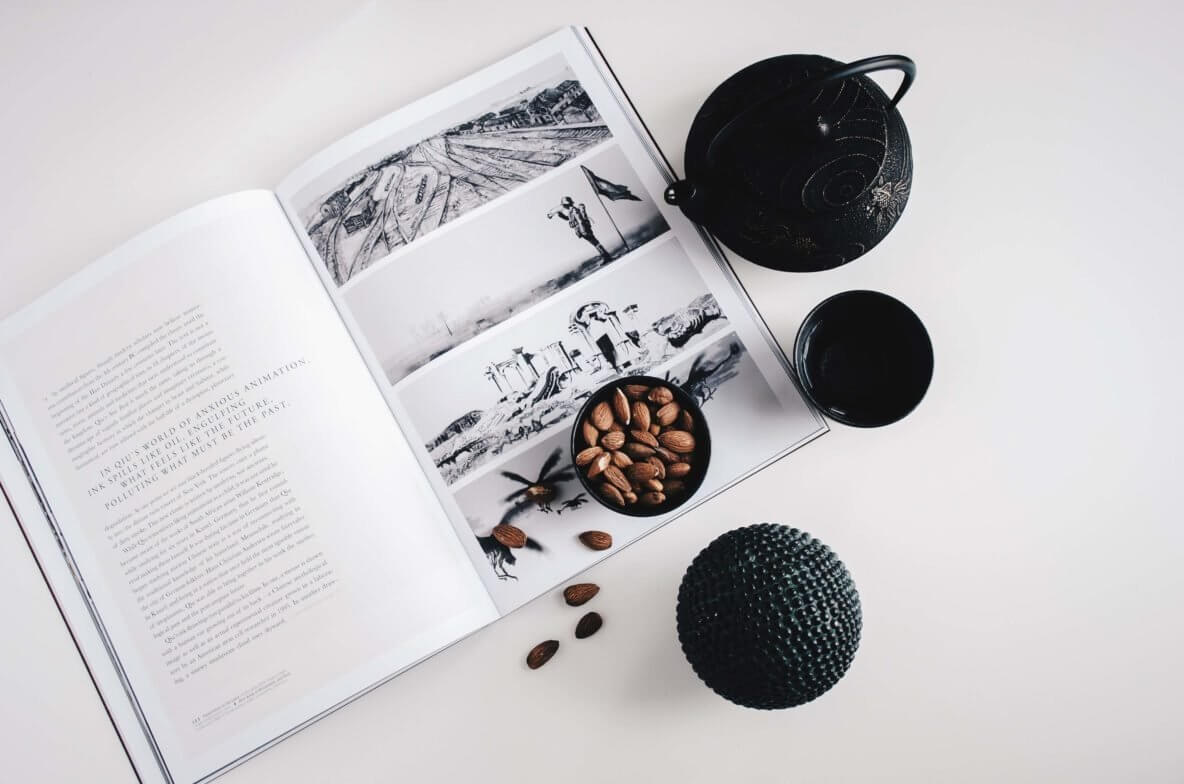
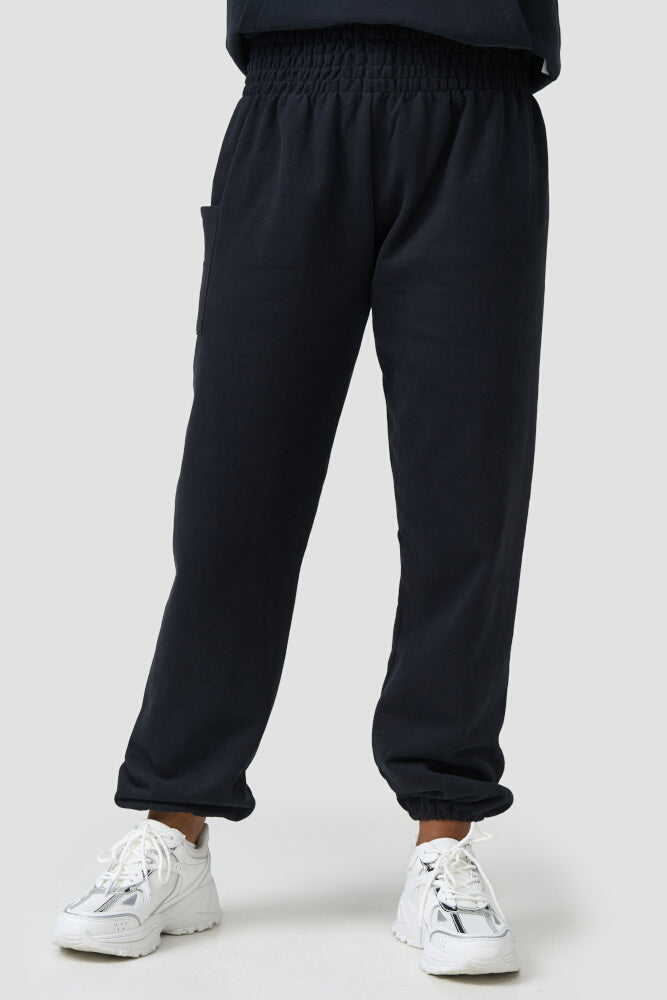
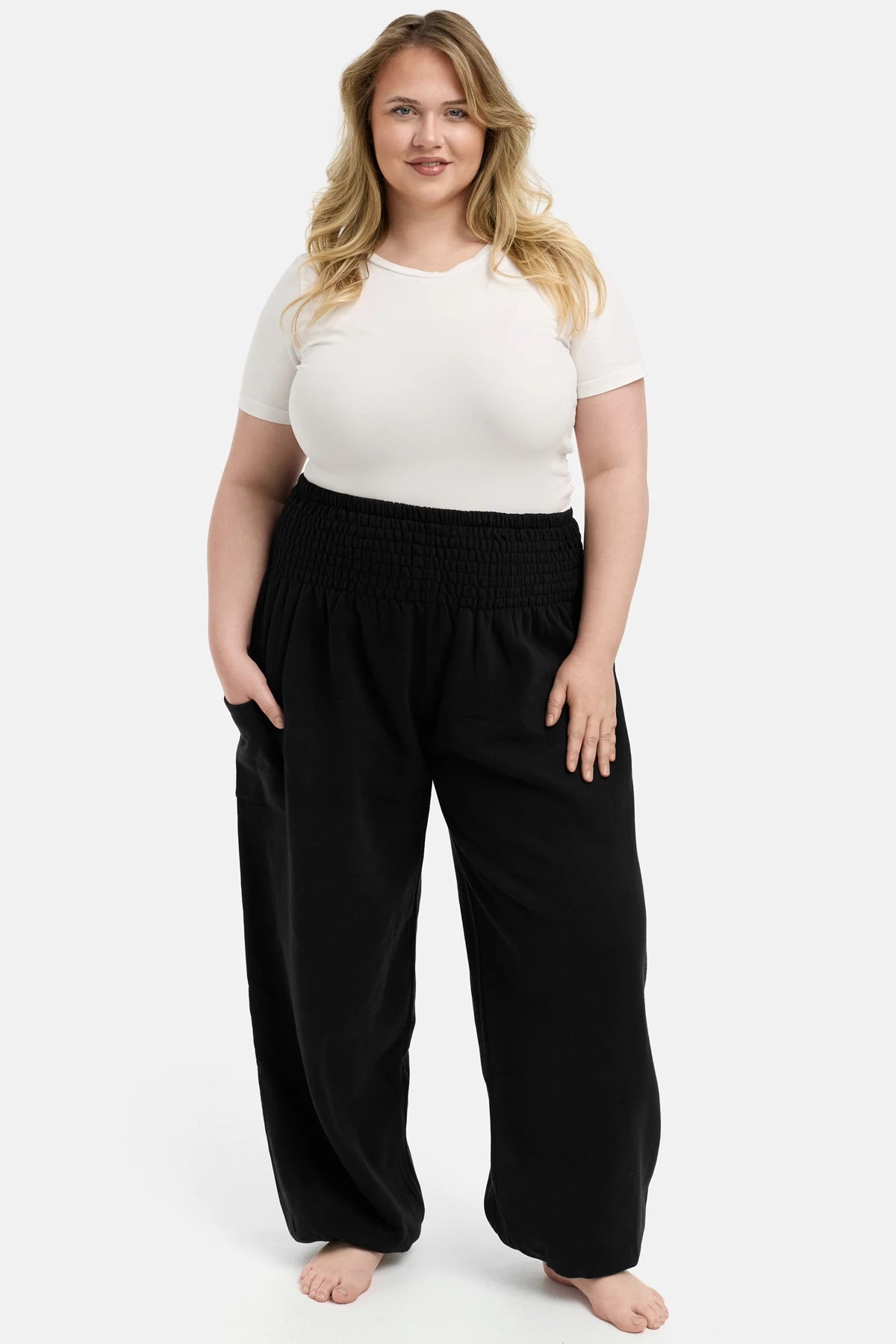

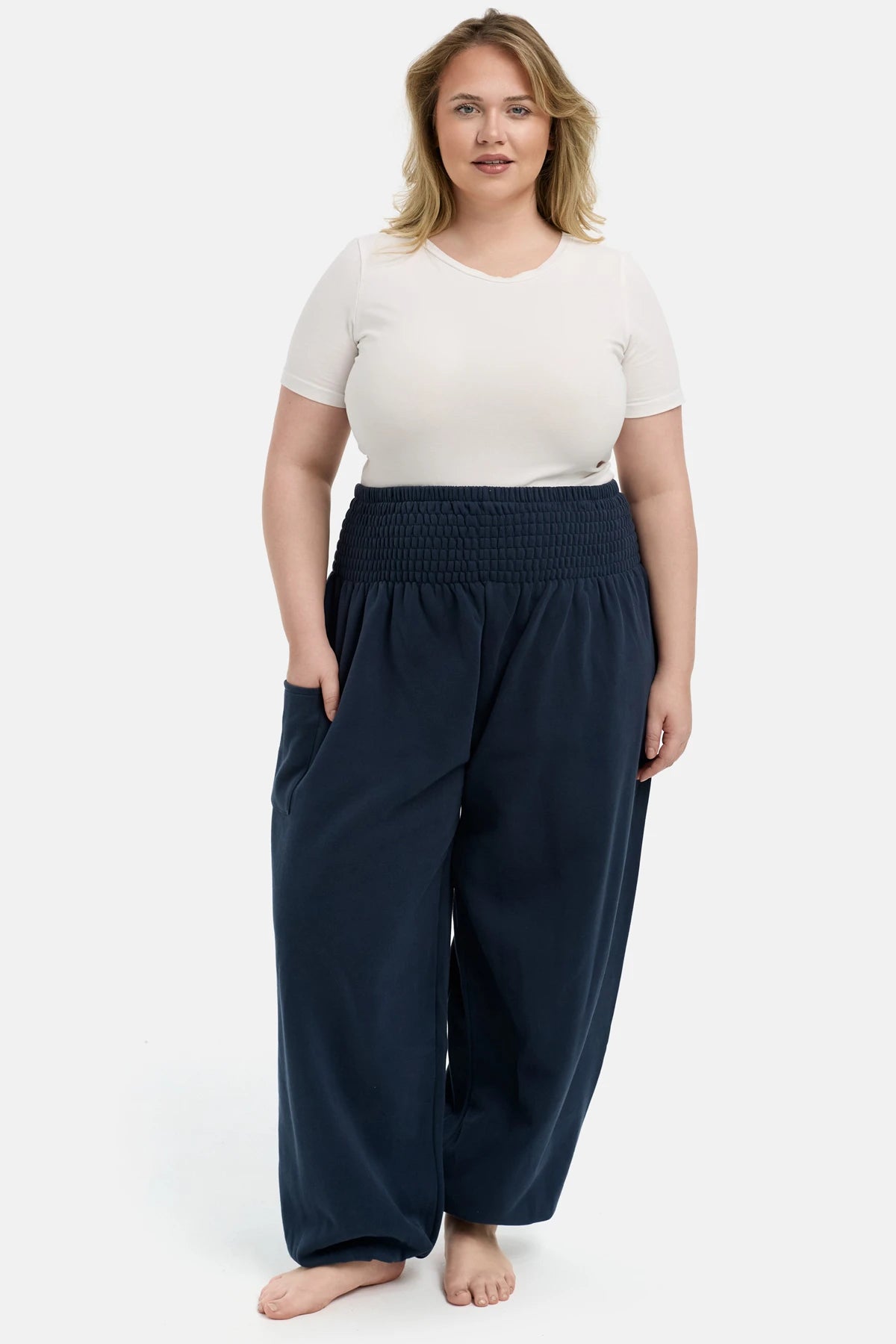
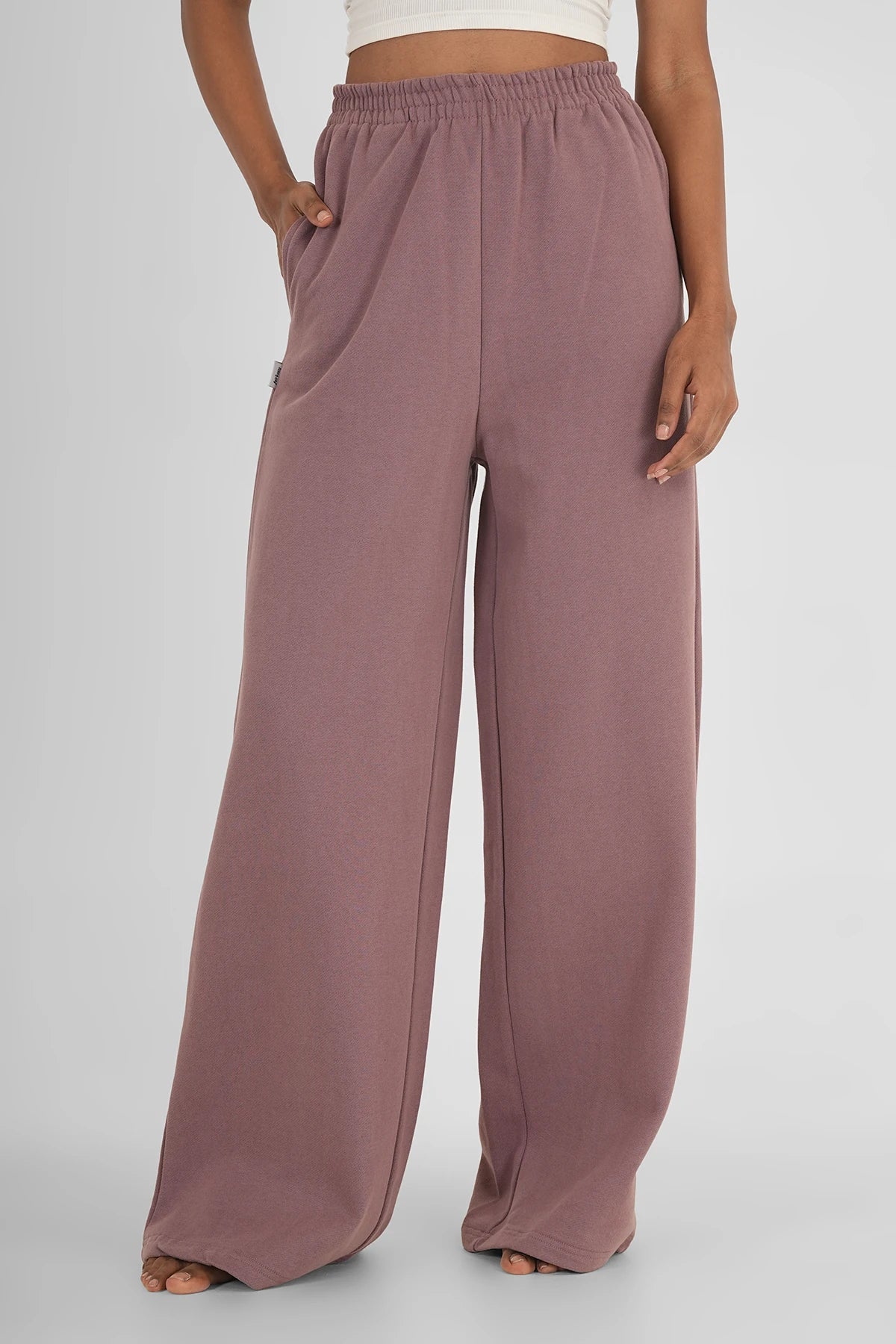

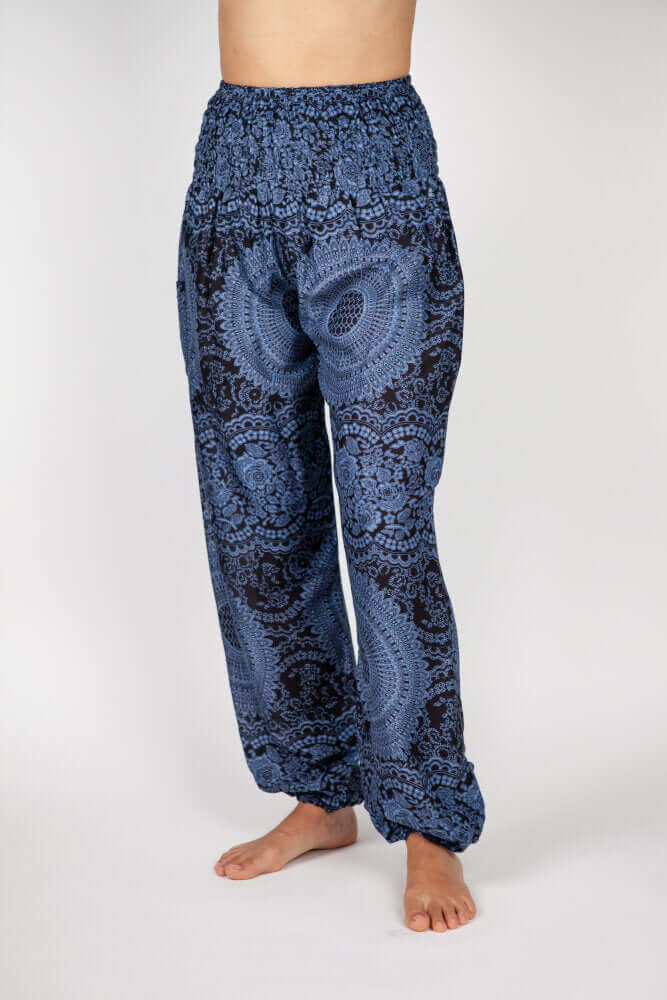



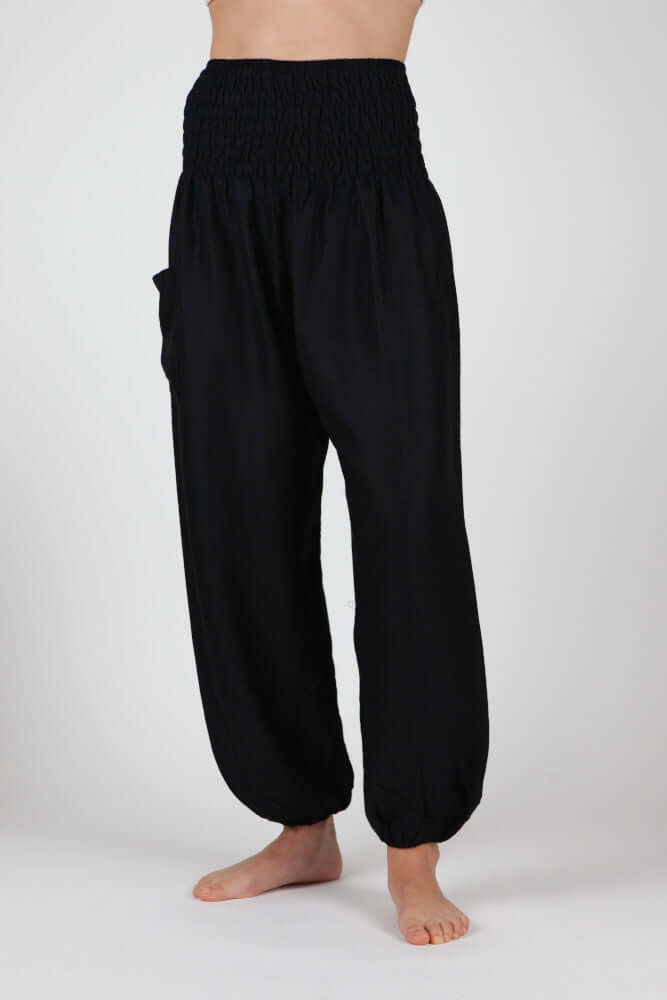
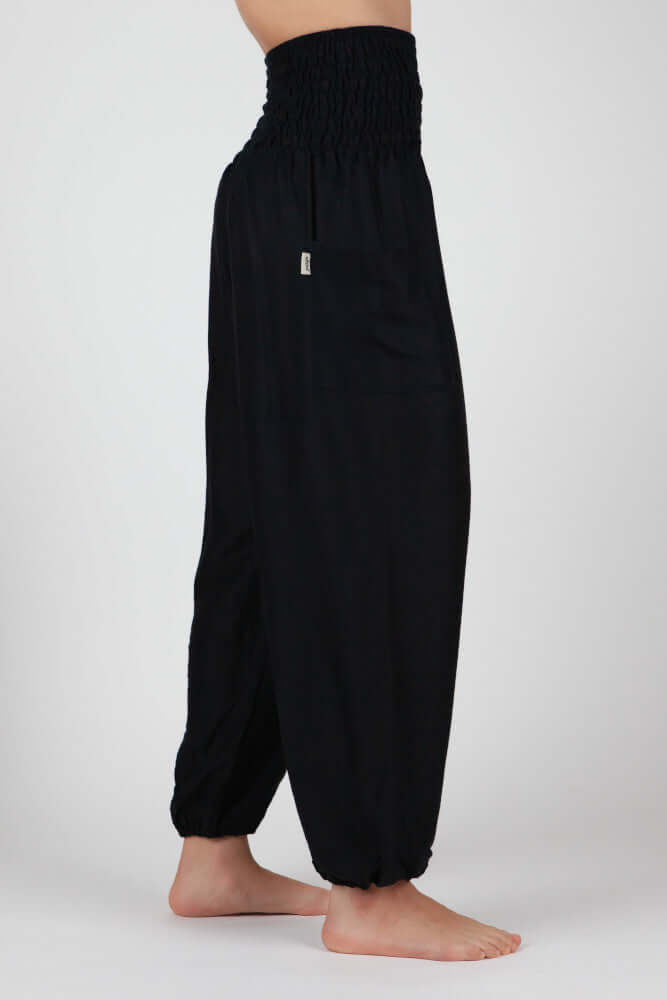


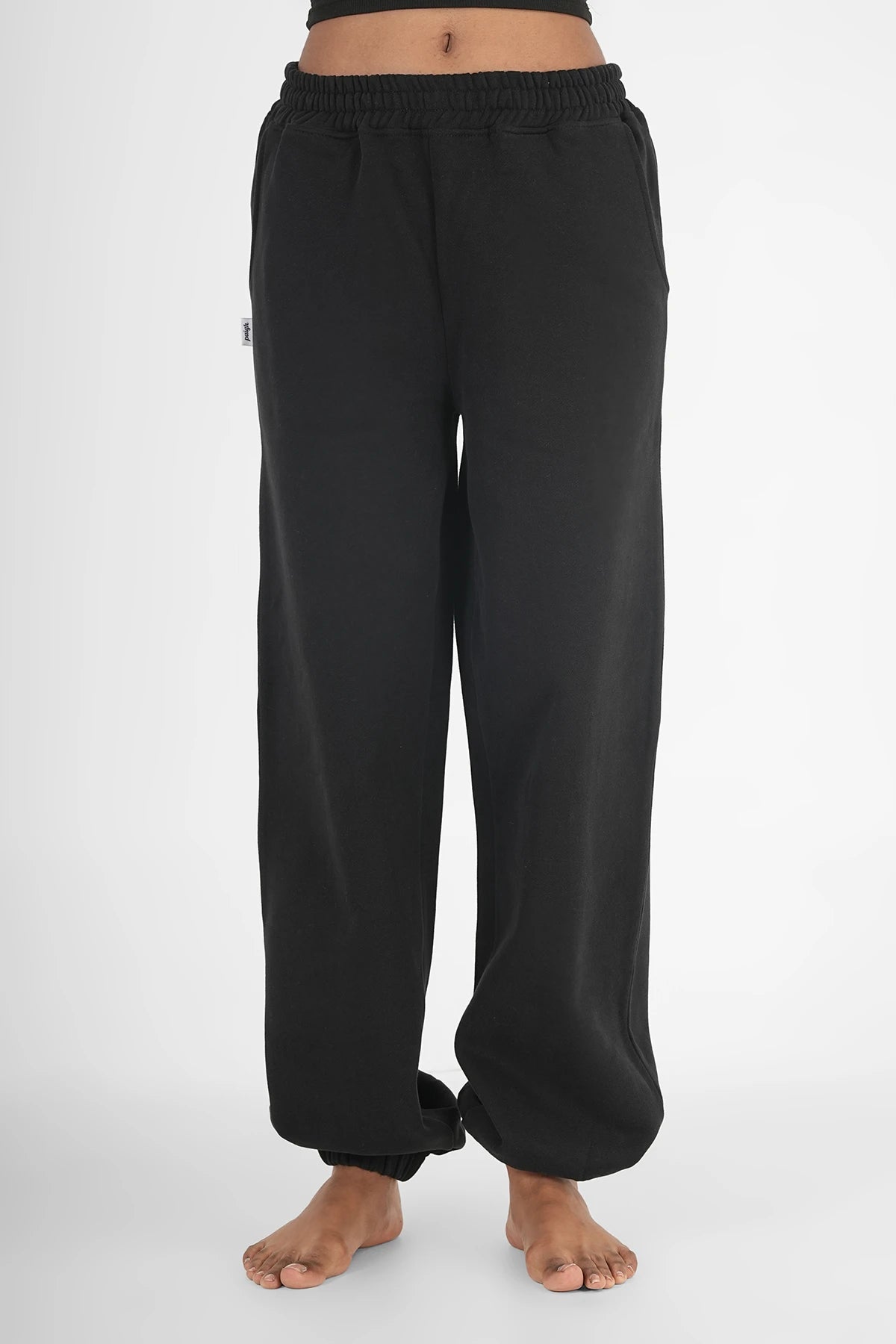
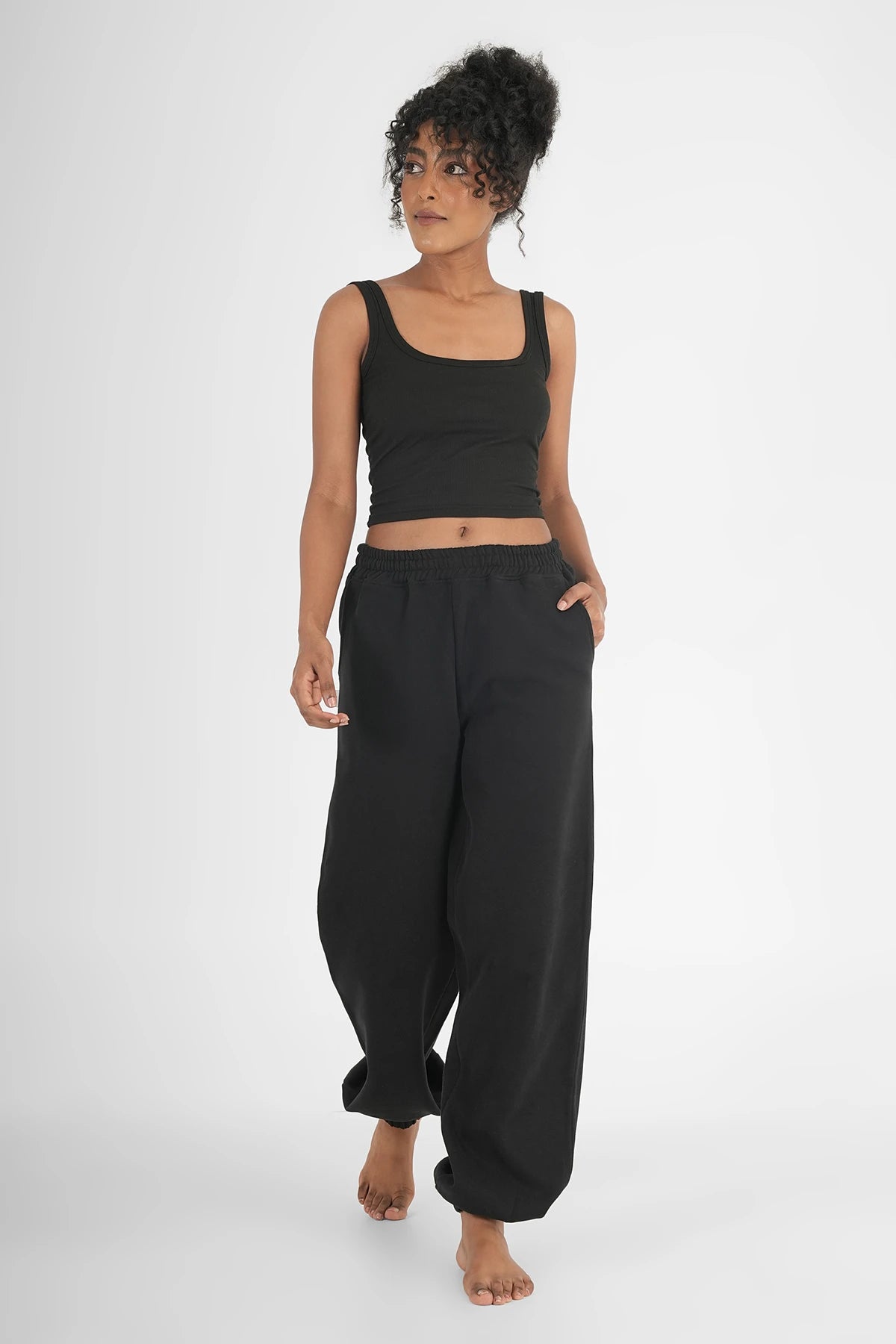
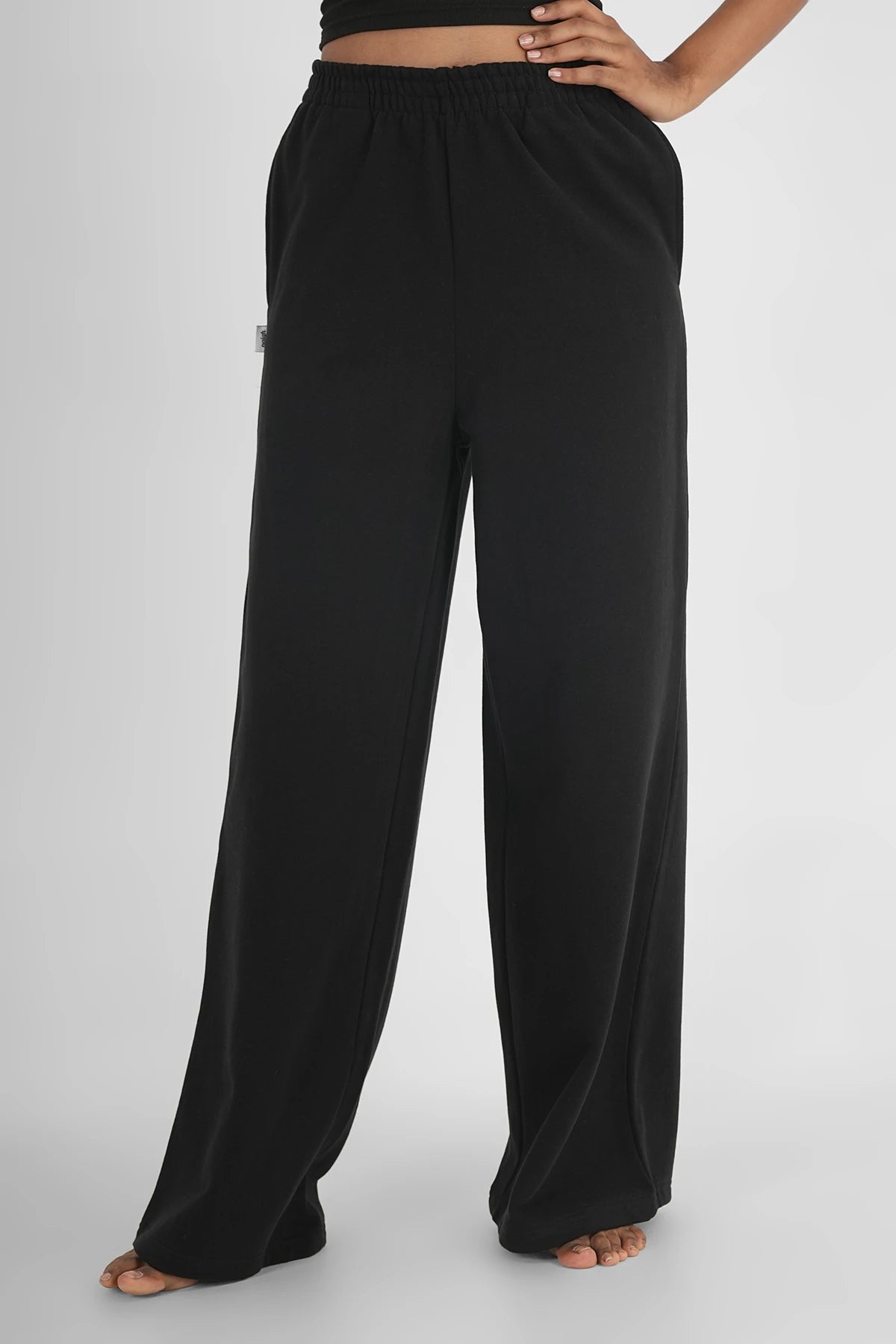

Leave a comment
This site is protected by hCaptcha and the hCaptcha Privacy Policy and Terms of Service apply.